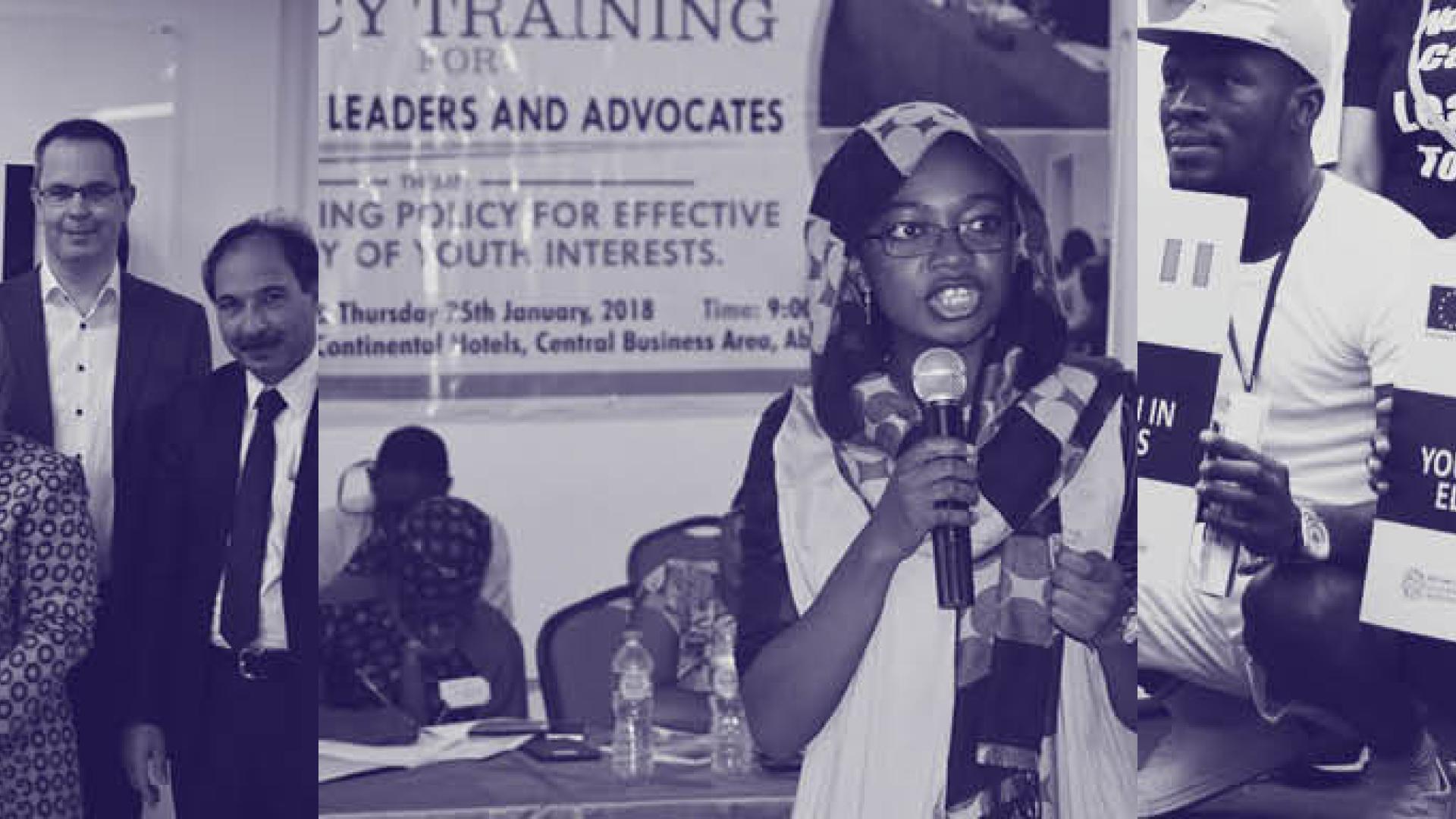Women MPs from Arab Countries review efforts to end gender violence

The summit, supported by Westminster Foundation for Democracy (WFD), took stock of recent progress made in Tunisia and Lebanon and adopted a Tunis Declaration with legislative recommendations to help combat violence against women in the region.
Violence against women remains prevalent in the Arab world and globally, taking various forms in both the public and private sphere; as parliaments across the region are emboldened, it is necessary to develop legislative systems that secure women’s rights in principle and in practice.
Significant progress has been made so far and this conference convened in the context of real legislative achievements in the Arab region including the recent repeal of the rape marriage article 522 of the penal code of Lebanon and article 308 in Jordan, and the passage of the pioneering Tunisian Domestic Violence bill which recognises domestic violence for the first time and places a responsibility on the state to act in situations previously considered part of the private sphere. Where, according to the National Family Office of Tunisia, 43.6 percent of women between the ages of 18-24 have been victims of violence at least once in their lifetime, this law has the potential to have significant impact.
It is in this context of legislative change that this summit convened to explore and share experiences of implementation mechanisms across the spectrum of violence against women and to affirm commitment to an integrated system of adoption, implementation, and monitoring.
The summit was held in partnership with the Tunisian Ministry of Women and was opened by the Minister, Naziha el Obaidi.
“Tunisia is a country of democracy, it is a nascent democracy but it is establishing legislative systems that preserve the rights of women, children, the elderly, and paves the way for a society where mutual respect prevails. We are proud to belong to this large crescent that is a cradle for civilisations. There is a common dream in the Arab countries to speak in a common language, endorse our responsibilities to our societies; there is a burden on us to act diligently and seriously in fulfilling the responsibilities to our societies, and to our women.”
Experts from across the region, Morocco, Jordan, Tunisia, Iraq and Lebanon, presented best practice on implementation with a focus on the provisions of women’s shelters, harassment in the workplace, and the specific forms of violence perpetrated against women with disabilities or women caring for those affected by disabilities.
As well as regional expertise, Sundari Anitha from Lincoln University shared the results of her research on domestic violence in the UK and in India, exploring the concepts of continuums of violence and intersectionality, introducing language and ideologies prevalent in the international community.
Although great strides are being made in legislative terms across the region, effectiveness of implementation remains to be seen and WFD’s Regional Director Dr Dina Melhem emphasised the need to commit resources to implementation and to post legislative scrutiny. Application can be hindered by many factors, including the ambiguity of the legal text, lack of coherence with other legal texts or other national laws and lack of human resources and other resources to implement however there needs to be a clear and unified understanding of the expected outcomes of the law to measure success.
In bringing together women representatives of 13 Arab countries, the meeting facilitated continued consultation on the draft Arab Convention to Combat Violence against Women; the Convention is the first of its kind to be ratified and reviewed by national parliaments during the drafting stage and attendees were encouraged to share their feedback.
The summit agreed a Tunis Declaration:
- Our support for the adoption of the draft Arab Convention against Violence against Women and Girls and Domestic Violence
- We look forward to the Tunisian presidency of the Committee on Women in the League of Arab States next year to upgrade this mechanism to become, in accordance with the proposal of Tunisia, a Council of Arab Women Ministers
- We encourage States that have not yet adopted legislation and comprehensive frameworks to eliminate violence against women and girls and domestic violence to work towards the establishment of national systems in this field that are in conformity with international standards and are consistent with the contents of the draft Arab Convention
- We have endeavored to adopt a broader definition of all forms of violence and discrimination and to avoid the narrow concept of the victim to ensure the protection of the rights of all victims,
- Emphasizing the importance of ensuring special protection against violence for women with disabilities and tightening the sanctions against perpetrators,
- We call for taking the necessary measures to eliminate cases of violence and sexual harassment in the workplace and to work towards the establishment of legislation in this framework, especially in the labor laws and penalties,
- Emphasize the role of the judiciary in general and judges in particular to combat violence and to ensure the protection of women and work to develop jurisprudence bold and supportive to protect women and girls from violence and domestic violence,
- Our emphasis on the need to allocate shelter centers for women and children victims of violence and domestic violence and to monitor the human and material resources necessary to safeguard the dignity of women and children,
- Our belief in the need to spread the culture of women’s human rights among all the circles concerned with protecting them from violence and domestic violence and our emphasis on the role that national human rights institutions, educational and cultural institutions, media and social media can play in raising societal awareness and changing attitudes in order to ensure respect for women’s human rights and dignity.
Tunisia will assume the Presidency of the Arab League’s Women Committee in 2018 and will continue to be a key partner for the Coalition of Women MPs in their efforts to combat violence against women.